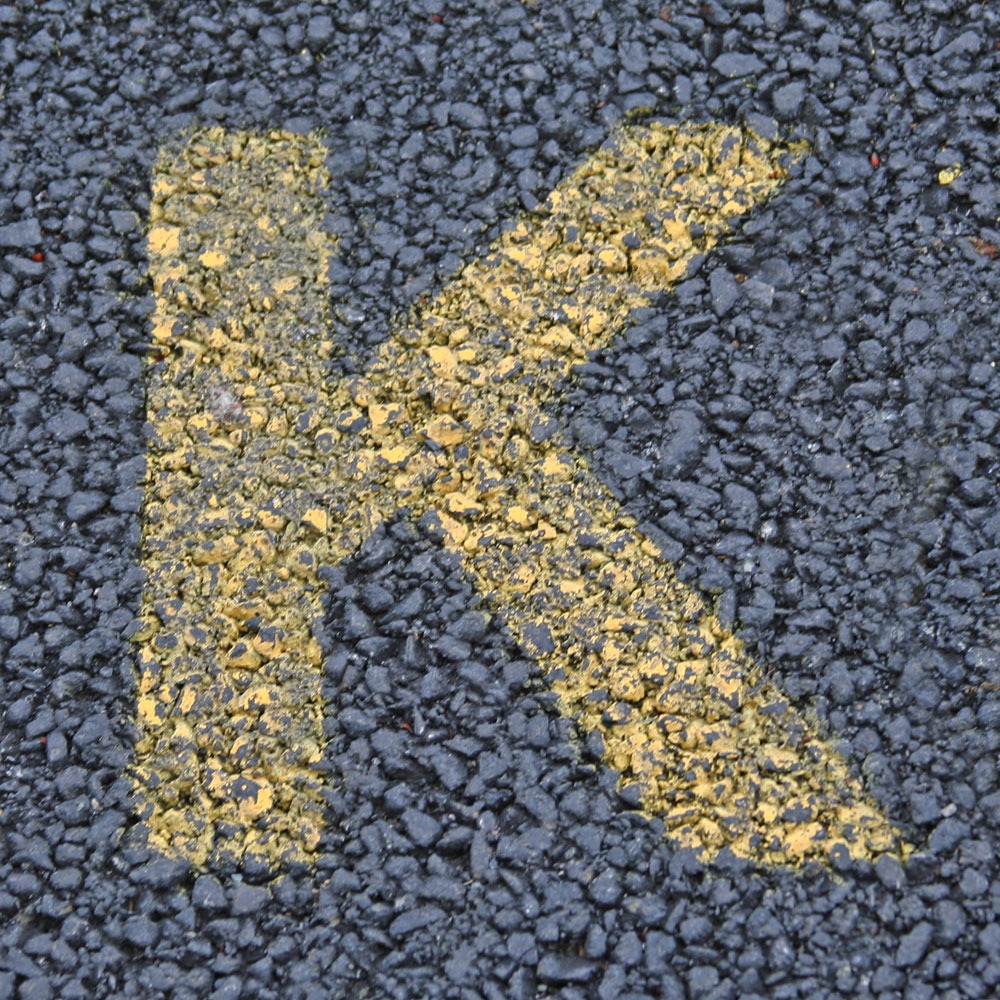
August 13, 2020; Washington Post
Back in May, we ran an article in NPQ that noted that “discussion has abounded as to whether the economic recovery might take the shape of a V (quick recovery), U (long recession), L (very long recession or depression), or W (double-dip recession).”
Now, five months later, it appears that the economic “recovery”—such as it is—matches none of these letters. Instead, reports Heather Long in the Washington Post, economists have started to label our economic path a “K-shaped” recovery, so called because of the “diverging prospects for the rich and poor.” The upward sloping part of the “K” represents improving fortunes for the well-to-do; the downward sloping part represents the fortunes of near everyone else.
In other words, the United States, which already had one of the most unequal economies among the world’s wealthiest countries, is now becoming considerably more unequal. And, appropriately enough, K Street lobbyists are a good part of the reason. As Long puts it, “policy failures in Washington are exacerbating the problems.”
For the well-to-do, times are good. Mansion Global reports that US median housing prices reached record highs in June 2020. A July CNBC story quotes Lawrence Yun, chief economist of the National Association of Realtors, as saying, “The housing market is hot, red hot, based on the data and the anecdotal prevalence of multiple offers.” Long adds that, boosted by low interest rates, “Home purchases are up more than 20 percent, and refinancing is up nearly 50 percent from a year ago, according to the Mortgage Bankers Association.”
And then there is the stock market. While the Dow Jones industrial average is still shy of its record February 2020 high of 29,551.42, it is less than six percent below that number, closing yesterday at 27,844.91. The broader Standard & Poor’s index of the 500 largest companies closed on Friday just 0.4 percent shy of its all-time high. The degree to which the wealthy have benefitted is underscored by the fact that as of August 13th, the nation’s 12 wealthiest billionaires combined had a net worth in excess of $1 trillion, an increase of $283 billion since March 18th.
The gap is also evident in the job market. “Jobs are fully back for the highest wage earners, but fewer than half the jobs lost this spring have returned for those making less than $20 an hour,” Long writes, citing the work of John Friedman, a Brown University economist and co-director of Opportunity Insights.
The bifurcation in fortunes—it would appear—can be found no matter how you slice the data. Not only is the gap between rich and poor rising with record rapidity, but the data also show diverging fortunes by race and between big and small businesses.
Even the Federal Reserve, whose policies pumping trillions of dollars into the financial system have helped fuel the rich’s recovery, is objecting. In typical understated Fed-speak fashion, Boston Fed President Eric Rosengren warned on Wednesday that “the recovery may be losing steam.”
Sign up for our free newsletters
Subscribe to NPQ's newsletters to have our top stories delivered directly to your inbox.
By signing up, you agree to our privacy policy and terms of use, and to receive messages from NPQ and our partners.
Long notes that a Washington Post-Ipsos poll conducted April 27-May 4 found that 80 percent of furloughed or laid-off workers expected to be rehired. But to date, only 42 percent have seen their jobs return, according to the US Department of Labor.
Other disparities Long documents include the following:
Black men and women have recovered about 20 percent of the jobs they lost in the pandemic versus almost 40 percent for White men and 45 percent for White women
[…]
The slow job rebound is leaving many families [of color] fearful of eviction. Nearly half of [Latinx] renters and 42 percent of Black renters said they had “no confidence” or only “slight confidence” they could pay their August rent, according to a Census Bureau survey conducted July 16–21. On the social media site Reddit, unemployed Americans are posting harrowing accounts of their electricity being shut off, not being able to afford medication, and being days from eviction.
Long adds that, in many parts of the country, fatigue “has set in as the virus continues to threaten people’s health and the economy and families see little action by Congress.”
Can an economic recovery that boosts the wealthy while ignoring everyone else endure? Gary Cohn, a former Trump-appointed head of the National Economic Council, is among the skeptics. In a tweet, Cohn writes that stock market gains come in part from small business losses. As Cohn puts it, “The stock market continues to reflect big businesses increasing their market share during #COVID19. If a small business closes, a larger business fills the void. We need to contemplate what this means for Main Street USA going forward. Is this really the future we want?”
Peter Atwater, an adjunct lecturer in economics at the College of William & Mary, raises a similar concern, “The biggest and wealthiest have been on a clear path toward recovery,” Atwater tells Long. “Meanwhile, for most small businesses and those worst off, things have only become worse. The contrast is piercing: One group feels better than ever while the other borders on hopelessness.”—Steve Dubb











